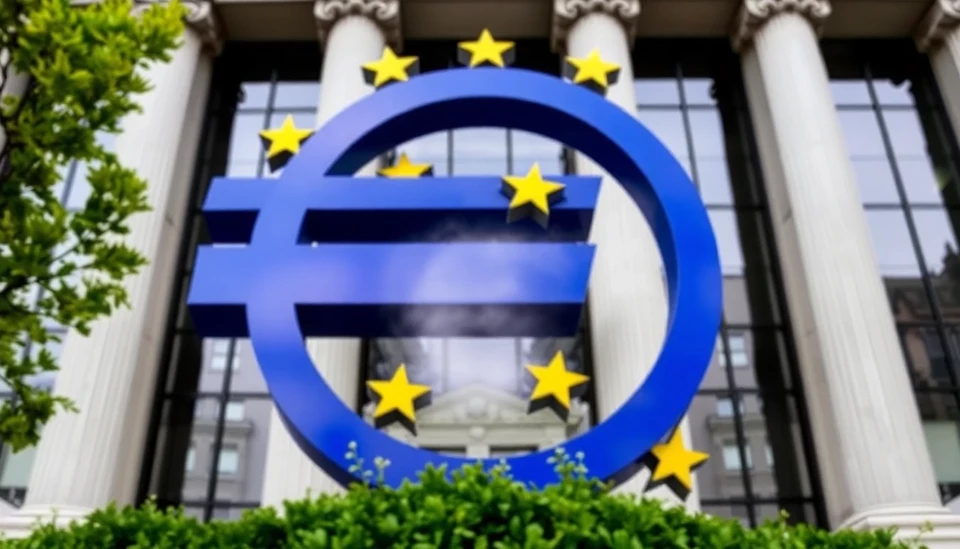
In a decisive move to enhance the stability of the European banking sector, the European Central Bank (ECB) has announced plans to clamp down on banks that fail to adhere to its regulatory requirements. This announcement comes as part of a broader strategy to strengthen its oversight and ensure that financial institutions maintain robust operational standards.
The ECB has expressed concerns over certain banks that have been neglecting its directives, which could potentially jeopardize the integrity of the financial system in Europe. By emphasizing strict compliance and the importance of addressing identified weaknesses, the central bank aims to foster a more resilient banking environment that can withstand economic turbulence.
Officials at the ECB are particularly focused on addressing the lack of responsiveness from some banks when it comes to implementing necessary fixes highlighted by the central bank in past assessments. This trend of noncompliance has led to a deterioration in confidence regarding the overall health of the banking sector, prompting the ECB to act decisively.
To combat these issues, the ECB is expected to enforce stricter regulatory measures in the coming months. Banks that consistently ignore the ECB's demands could face severe penalties, including substantial fines and tighter controls on their operations. This hardline approach signifies a shift in the ECB's supervisory posture, prioritizing accountability in a sector that has faced scrutiny in recent years.
The ECB's renewed focus on compliance is not merely punitive; it aims to bolster trust among investors and the general public. As the economic landscape continues to evolve, ensuring that banks operate under stringent guidelines is critical for maintaining financial stability across the Eurozone.
Market analysts suggest that this proactive approach could lead to a more competitive banking environment, ultimately benefiting consumers through improved services and products. By holding banks accountable for their obligations, the ECB is taking necessary steps to ensure that the financial sector remains robust and capable of supporting economic growth.
As 2024 approaches, stakeholders within the banking industry will be closely monitoring the ECB's actions, preparing for potential shifts in how regulatory compliance is enforced in the coming years. This anticipated crackdown serves as a clear message: the ECB is not only a central bank but also a vigilant regulator committed to safeguarding the financial system.
The implications of these measures extend beyond just the banks themselves, affecting investors, consumers, and the economy at large. The ECB's approach underscores the importance of sound practices in the financial industry, a lesson that must not be overlooked in an increasingly complex economic landscape.
Ultimately, the European Central Bank is taking the necessary steps to ensure that the lessons of the past are not repeated, signaling a future where compliance is non-negotiable and stability is paramount.
#ECB #BankingRegulation #FinancialStability #Compliance #EuropeanCentralBank
Author: John Harris




